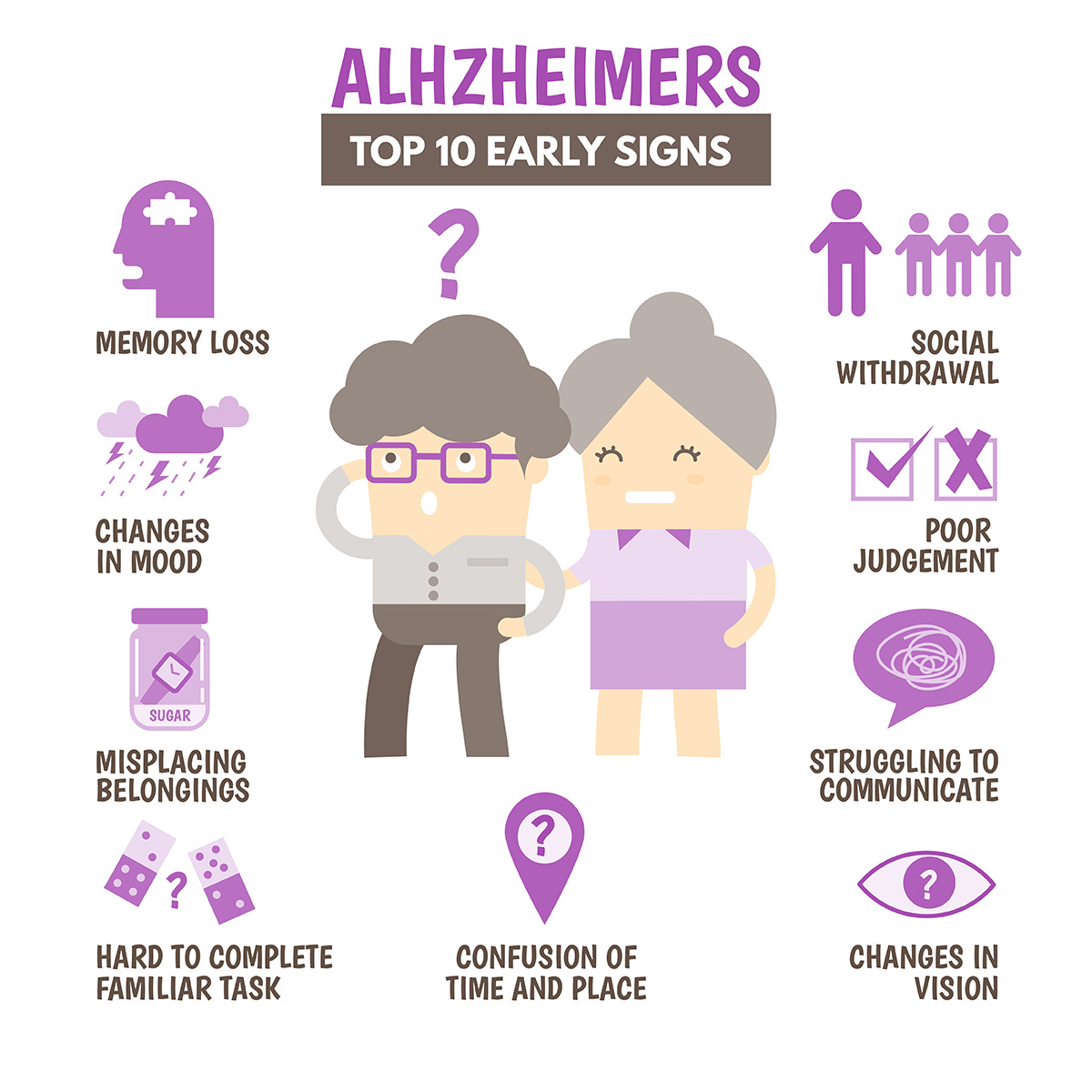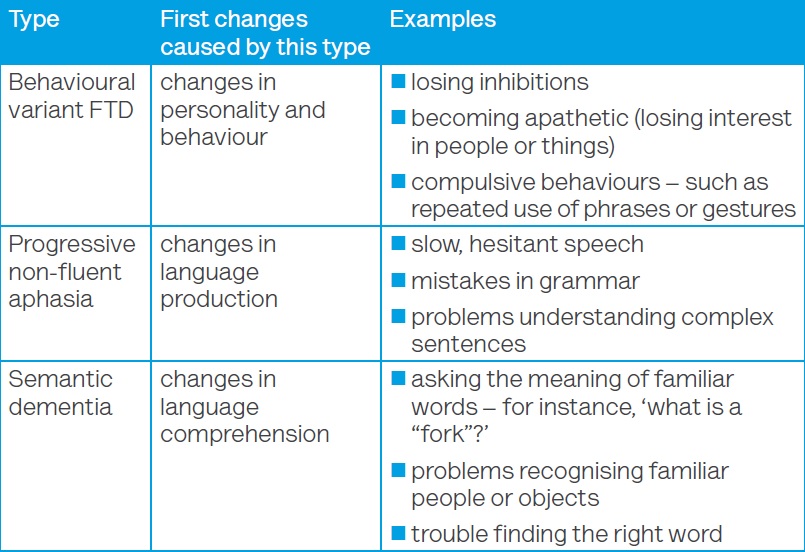Best Home Modifications to Reduce Fall Risk for Loved Ones
Best Home Modifications to Reduce Fall Risk for Loved Ones
Blog Article
Recognizing the Effect of Dementia on Day-to-day Live and Caregiving
Dementia affects every day life in profound means, impacting not simply those identified yet likewise their caretakers. As cognitive decline proceeds, you may see modifications in interaction and routine that obstacle both celebrations. Understanding these shifts is essential for preserving self-respect and interaction. How do you adjust your caregiving strategies to support a person traversing this complex trip? The answers may stun you as we check out the subtleties of this experience.
The Stages of Dementia and Their Impacts on Day-to-day Live
As you navigate the journey of dementia, comprehending its phases can significantly influence just how you manage life. Dementia usually proceeds with 3 major phases: early, center, and late. In the beginning, you might notice occasional memory lapses or difficulty discovering the best words. This can cause aggravation, however acknowledging these indications early assists you adapt your routine and seek support.
During the center phase, you'll experience a lot more obvious cognitive decline. Daily tasks might come to be tough, and preserving your self-reliance may require adjustments. Utilizing reminders and streamlining your setting can aid.
In the late phase, people usually require substantial aid with day-to-day activities. Planning for care becomes important, concentrating on convenience and lifestyle. By recognizing these phases, you're far better outfitted to react proactively, guaranteeing you or your liked one can navigate the obstacles with self-respect and elegance.
Modifications in Interaction and Social Communication
Exactly how do adjustments in communication influence your day-to-day interactions as dementia proceeds? As mental deterioration advancements, you could observe that straightforward discussions end up being difficult. Words may escape you, or you may struggle to find the right phrases. This can lead to disappointment for both you and your liked ones. Nonverbal cues, like gestures or face expressions, come to be significantly crucial.
You might discover it easier to connect with these methods rather of relying exclusively on spoken language. Paying attention skills can also change; you might find it harder to adhere to discussions or bear in mind what was just said (Fall Risk). This can result in misunderstandings or sensations of seclusion
Encouraging patience and developing a helpful atmosphere can help. Involving in activities that promote link, like songs or art, can enhance social interactions. Remember, preserving partnerships is still feasible; it's nearly adapting to brand-new ways of interacting.
Influence On Daily Routines and Activities
While navigating everyday regimens, you'll likely observe that jobs you as soon as finished easily come to be extra challenging as dementia progresses. You might discover yourself failing to remember steps in familiar routines or struggling to recall where you placed items.
Planning your day can really feel frustrating, making it more difficult to stay with a timetable. You might require tips for visits or to take medicines. Adapting your environment can help; for instance, labeling things or making use of lists can simplify tasks. Engaging in recurring, structured tasks can likewise supply comfort and a sense of accomplishment. Bear in mind, it's all right to request for aid. Bordering yourself with encouraging good friends or household can make managing these modifications a bit much easier.
Behavioral and psychological Challenges
Steering with daily regimens can produce not simply practical obstacles, however also emotional and behavioral ones. You could notice changes in state of mind, such as increased anxiousness or disappointment, which can come from confusion or difficulty in finishing jobs. As you browse these minutes, it is important to recognize that your loved one may reveal their sensations through habits like agitation or withdrawal.
These emotional actions can be unpredictable and may develop without caution, leaving you both feeling overwhelmed. You could find that familiar settings or routines can assist lower anxiety, however keeping patience comes to be considerable. It is important to verify their feelings, even if you do not totally understand them.
The Function of Caregivers in Sustaining People With Mental Deterioration
As a caregiver, you play an essential role in offering psychological assistance for people with mental deterioration. Developing daily treatment regimens can create a sense of stability and comfort, assisting to reduce their anxiousness. By understanding their needs and using efficient methods, you can significantly improve their lifestyle.
Psychological Assistance Strategies
When caring for somebody with mental deterioration, recognizing the emotional landscape is vital for giving effective assistance. You'll usually discover that patience and compassion go a lengthy way. Confirm their feelings; if they share confusion or frustration, recognize it without disregarding their feelings. Straightforward motions, like holding their hand or maintaining eye contact, can create a feeling of security. Try to take part in tasks that they appreciate, as this can trigger happiness and link. Keep in mind to interact clearly and slowly, making use of a tranquil tone. Motivate expression through songs or art, which can act as a powerful outlet. Inevitably, don't neglect to take treatment of your very own emotional needs; looking for support on your own can boost your capacity to look after them.
Daily Care Routines
Establishing day-to-day care regimens is essential for supplying stability and comfort to people with dementia, as these routines can help in reducing confusion and anxiousness. You can begin by describing a regular schedule for dishes, tasks, and rest. This predictability aids your loved one feel extra protected and involved.
Incorporate acquainted jobs, like folding laundry or watering plants, which can evoke favorable memories and cultivate a sense of achievement. Usage aesthetic hints, such as checklists or schedules, to lead them with the day.
Be adaptable, though; adjust routines as needed based upon their state of mind or energy levels. Frontotemporal Dementia. Remember, your persistence and understanding are vital in navigating their changing needs, guaranteeing they feel sustained and valued throughout their everyday life
Creating a Safe and Comfy Living Environment
Producing a secure and comfortable living environment is crucial for people with dementia. You'll want to make home security adjustments that minimize dangers and ensure experience to supply a feeling of convenience. By concentrating on these elements, you can aid create a space that sustains both safety and well-being.
Home Safety And Security Modifications
As you browse the obstacles of mental deterioration, making home safety alterations can greatly enhance convenience and security. Start by getting rid of tripping hazards like rugs and clutter, assuring pathways are clear. Install grab bars in shower rooms and non-slip floor coverings in the shower to stop drops. Think about utilizing brighter lighting and evening lights to enhance visibility, specifically throughout nighttime. Label vital areas, such as the restroom and kitchen, with clear indications to assist with orientation. Protect any sharp things or hazardous substances unreachable. Furthermore, assess your home's alarms and locks to verify they're straightforward and offer tranquility of mind. These adjustments not only advertise safety yet likewise encourage freedom, enabling your loved one to really feel more comfortable in their atmosphere.
Comfort and Knowledge
After making sure a secure environment with required adjustments, fostering comfort and familiarity is essential for individuals with mental deterioration. Start by individualizing their area. Use acquainted colors, decors, and photos that stimulate delighted memories. A favored blanket or chair can give a sense of protection. Preserve a consistent regular to help them feel grounded and decrease anxiousness. Basic, familiar meals can also produce a soothing environment. Maintain paths clear and clutter-free to prevent complication. Include soft lighting, as bright lights can be disorienting. Think about adding comforting aromas, like lavender, to advertise leisure. Participating in familiar activities, such as listening to songs or horticulture, can boost their feeling of belonging, making their living atmosphere a true haven.
Techniques for Effective Caregiving and Assistance
While navigating the challenges of mental deterioration care can really feel frustrating, carrying out effective approaches can substantially enhance both the caretaker's and the individual's daily experience. Beginning by establishing a routine; predictability helps in reducing anxiousness for both you and your enjoyed one. Use clear, straightforward communication-- short sentences and straight questions can protect against complication.

Do read here not fail to remember to deal with on your own; timetable breaks and get in touch with support system. Sharing experiences with others in similar situations can offer valuable insights and emotional alleviation.
Last but not least, stay individual and versatile. Dementia can bring unpredictable changes, so adjusting your strategy is crucial. By using these techniques, you can additional info promote a much more favorable setting that profits both you and your liked one.
Often Asked Inquiries

What Are the Various Types of Mental Deterioration?
You'll discover a number of sorts of dementia, including Alzheimer's, vascular dementia, Lewy body dementia, and frontotemporal dementia. Each type affects memory and cognitive function in different ways, so understanding the distinctions is vital for appropriate diagnosis and care.
How Can I Help Someone With Early-Stage Mental Deterioration?
You can aid a person with early-stage mental deterioration by holding your horses, offering support, and encouraging them to participate in tasks they enjoy. Keeping regimens regular and preserving open interaction can also make a significant distinction in their life.
Are There Financial Resources Available for Dementia Treatment?
Yes, there are monetary resources readily available for dementia treatment. You can discover entitlement program programs, not-for-profit organizations, and insurance policy choices. It's also important to seek advice from local firms for certain resources customized to your situation.
What Lawful Considerations Should Caregivers Recognize?
As a caregiver, you should think about power of attorney, medical care proxies, and guardianship laws. It's vital to comprehend the legal rights and responsibilities you hold, ensuring your enjoyed one receives ideal care and defense.
Exactly How Can I Handle Caretaker Anxiety?
You can manage caregiver stress by prioritizing self-care, looking for support from groups or close friends, establishing realistic expectations, taking breaks, and exercising relaxation methods. Bear in mind, your wellness matters simply as much as the individual you're caring for.
Comprehending the Impact of Dementia on Daily Life and Caregiving.
As you browse the journey of mental deterioration, More Bonuses recognizing its stages can considerably affect how you handle day-to-day life.While navigating day-to-day routines, you'll likely see that tasks you once finished effortlessly ended up being extra challenging as dementia advances.Establishing everyday treatment routines is necessary for giving stability and convenience to people with dementia, as these routines can aid reduce confusion and stress and anxiety.While navigating the obstacles of mental deterioration treatment can feel frustrating, implementing efficient approaches can substantially enhance both the caregiver's and the individual's daily experience.
Report this page